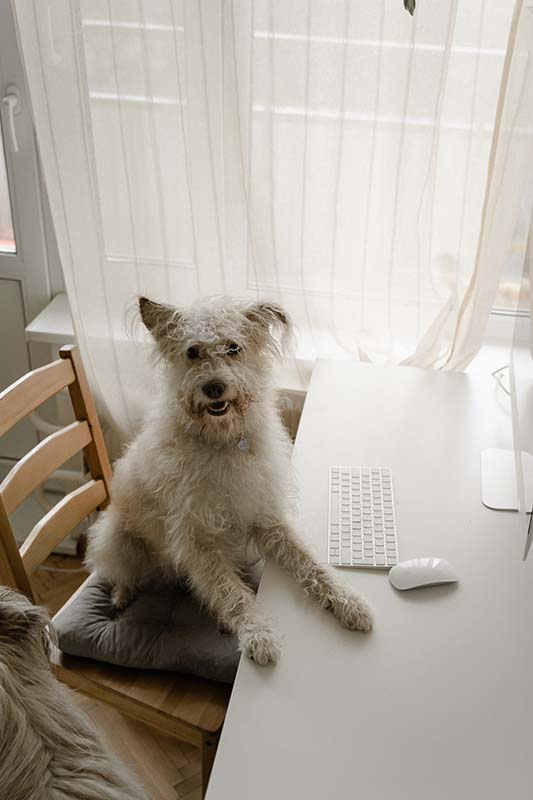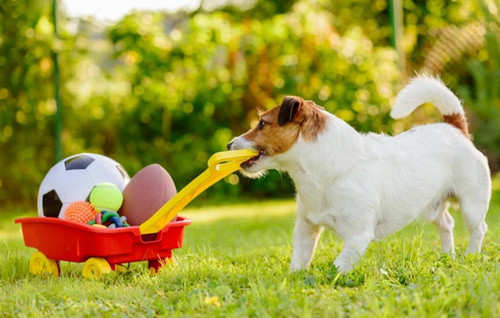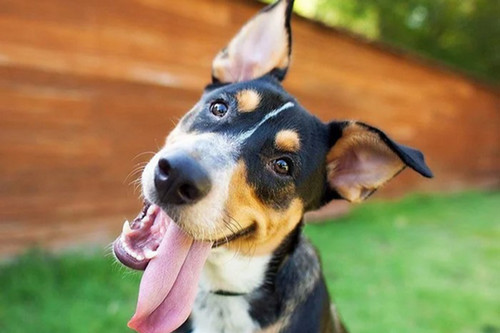Your Full-Service Vet in Ijamsville, MD
Where We Treat Your Pets Like Our Own

Since 2017, Village Vet of Urbana has provided comprehensive veterinary care to pets in the Ijamsville community and beyond. We would be honored to be a partner in your pet's healthcare.
Learn More About Us
Explore our site and see what we do.
Serving the Urbana & Frederick, MD Area
FOR THE LOVE OF PETS


"I have had nothing but exceptional experiences with this vet. My dog is extremely nervous at the vet and does better in the back for exams but I asked at our last visit I asked if we could at least start in the room with me to see how he would do, and they were so so patient and kind with him and he did really well! I know it’s much more efficient to take him in the back and do the exam and there are many vets where they are too busy to take the time to work with a dog like mine, but Village Vet will! I’m so thankful to have found a vet that will take the time to sit on the floor with him and help him feel comfortable, moving slowly, lots of treats and kind voices etc. In just the last 2 visits I’ve seen a huge improvement with his comfort level and anxiety in the office and exam room. All that on top of clear, logical medical advice, even with a dog with very odd medical concerns!"
Liz Cook
Cookies on this website are used to both support the function and performance of the site, and also for marketing purposes, including personalizing content and tailoring advertising to your interests. To manage marketing cookies on this website, please select the button that indicates your preferences. More information can be found in our privacy policy here.









